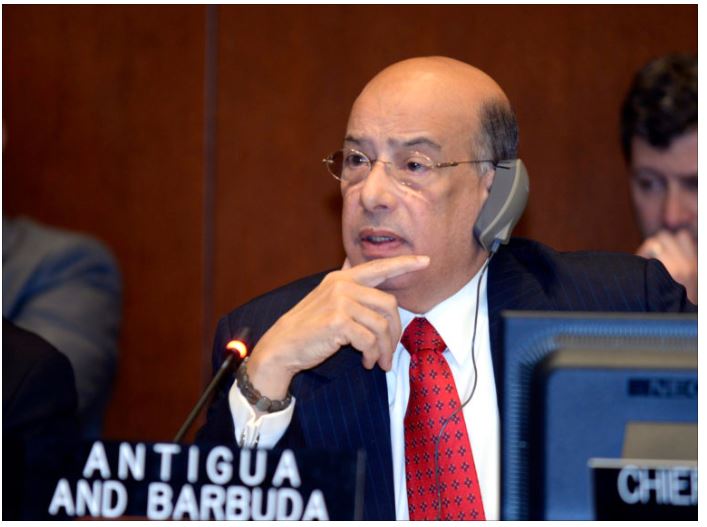BRIDGETOWN, Barbados, Sept. 5, CNS – There are now 11 confirmed cases of chikungunya in Barbados while 77 other people are suspected of having the virus.
The update came from Senior Medical Officer of Health Dr. Karen Springer who disclosed that of the 11 confirmed cases, three were imported cases, that is, the patients arrived in Barbados already infected, while the eight others contracted the virus locally.
Dr. Springer said that suspected cases have increased in recent weeks. She explained that once a case is suspected, blood samples are submitted to the Leptospirosis Laboratory to be tested initially for dengue.
Only if this test is negative, are the samples sent to the Caribbean Public Health Agency Laboratory in Trinidad to be tested for chikungunya. Results are received within seven to 10 days, she added.
At this stage, the number of chikungunya cases in Barbados is still below the figure for most of its Caribbean neighbours. Chief Medical Officer of Health Dr. Kenneth George said one reason for this could possibly be the limited rainfall Barbados experienced in the first half of the year, with less opportunity for mosquito breeding.
He warned however, that now that the rainy season had started, Barbadians had to exercise personal responsibility and do all in their power to eliminate mosquito breeding grounds.
“The same approach we have recommended to deal with dengue fever applies to chikungunya. The mosquito life cycle can only be completed in water so we must get rid of all stagnant water sources. Wear protective clothing, preferably light coloured and long sleeved, use mosquito repellant and sleep under bed nets, especially if you are travelling to countries that are endemic,” he advised.
The Environmental Health Department within the Ministry was very vigilant, he said, in targeting the most vulnerable areas. “We try to put our resources in the areas where we have the most reports of either confirmed or suspected cases,” the CMO said.
Dr. George stated that the fogging campaign played a very important role in reducing the mosquito population since the fog killed the adult mosquito.
CNS/bgi/db/2014



